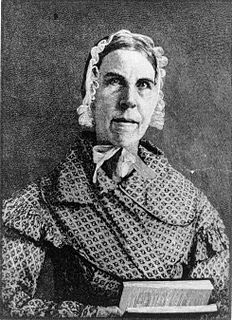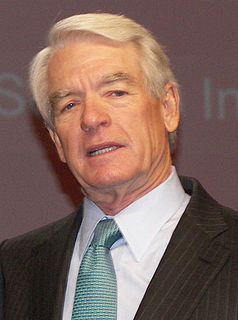A Quote by Niccolo Machiavelli
He who neglects what is done for what ought to be done, sooner effects his ruin than his preservation.
Related Quotes
Many have dreamed up republics and principalities that have never in truth been known to exist; the gulf between how one should live and how one does live is so wide that a man who neglects what is actually done for what should be done learns the way to self-destruction rather than self-preservation.
Idleness is often covered by turbulence and hurry. He that neglects his known duty and real employment naturally endeavours to crowd his mind with something that may bar out the remembrance of his own folly, and does any thing but what he ought to do with eager diligence, that he may keep himself in his own favour.
All history attests that man has subjected woman to his will, used her as a means to promote his selfish gratification, to minister to his sensual pleasures, to be instrumental in promoting his comfort; but never has he desired to elevate her to that rank she was created to fill. He has done all he could to debase and enslave her mind; and now he looks triumphantly on the ruin he has wrought, and say, the being he has thus deeply injured is his inferior.
The washing of dishes does seem to me the most absurd and unsatisfactory business that I ever undertook. If, when once washed, they would remain clean for ever and ever (which they ought in all reason to do, considering how much trouble it is), there would be less occasion to grumble; but no sooner is it done, than it requires to be done again. On the whole, I have come to the resolution not to use more than one dish at each meal.

































